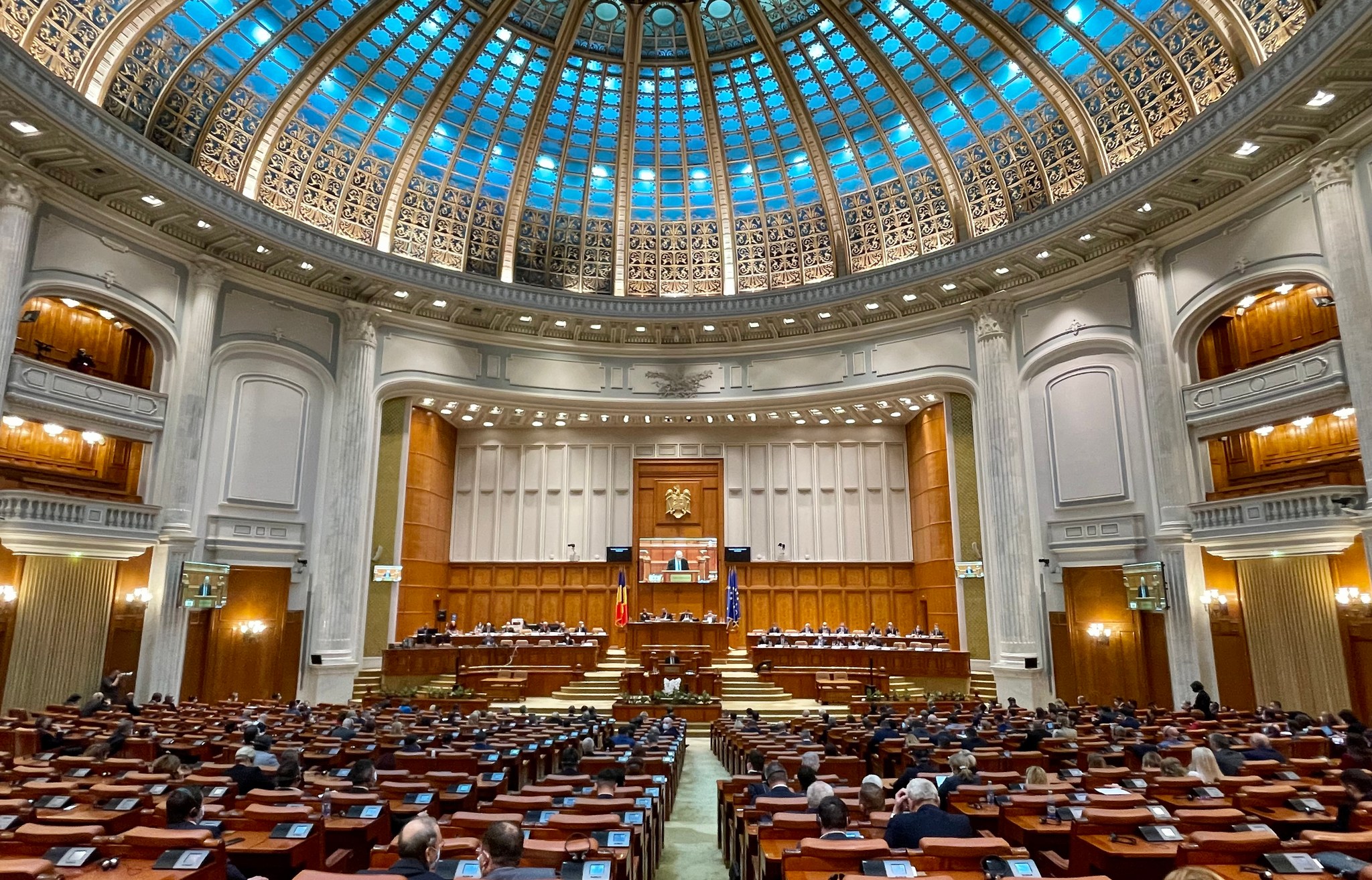UDMR (Democratic Union of Hungarians of Romania) chair Kelemen Hunor states that the measures the future government will adopt to reduce the budget deficit must be gradual, otherwise the people will not endure „a hard landing,” and the measures regarding taxation and the modernisation of the state must be included in the governing coalition agreement.
„Yesterday [Tuesday – editor’s note], when we were discussing the government structure, they came to an understanding so quickly that I am sure they will also come to an understanding on other issues. Yes, there were discussions, there are different visions, but yesterday we saw an extraordinary efficiency. (…) I would leave the tax increase for later, I would use it as a measure only in case of a breakdown, first we need to see from a structural point of view what we can do. But balancing the deficit, reducing the deficit cannot be done from a single source. (…) You cannot solve this crisis and this budget deficit in two years. The first and second years will definitely be the most painful. But the reduction should be gradual, if we do not want to create an unbearable shock (…) In our agreement with the Commission, we have (…) six and a half years to get from 9.3% to 3%, so we do not need a hard landing,” Kelemen Hunor told RFI radio station o Wednesday.
The UDMR leader believes that the burden cannot be placed only on the middle class, and that raising taxes would only represent „a superficial solution.”
„On the one hand, the state is enormously fat, and you cannot place the burden only on the middle class and businessmen, on small companies. So, from this point of view, if you don’t find the right measure and balance, then ok, you crash land and after that you wake up in political resuscitation,” added Kelemen.
He explained that the deficit increased in a single year from 5.7% to 9.3%, „which is huge” and pointed out that „the 9.3% deficit is not from investments.”
„Our society is based on consumption. If you slow down consumption, you won’t have any VAT income. We are doing extremely poorly in terms of productivity. (…) We import almost all categories, from food to technology and banking services, and we don’t really export anything (…) That’s why we need to find a balance, because there cannot be any other way. We have to slow down consumption, but we should also increase productivity, we should constantly invest in priority sectors, so that we have production, so that we can export. Otherwise, we are constantly taking money out of the country through massive imports and relatively small exports with no added value. Apart from a few things, the automotive industry and a few smaller things, we don’t really export,” added Kelemen Hunor.
AGERPRES




